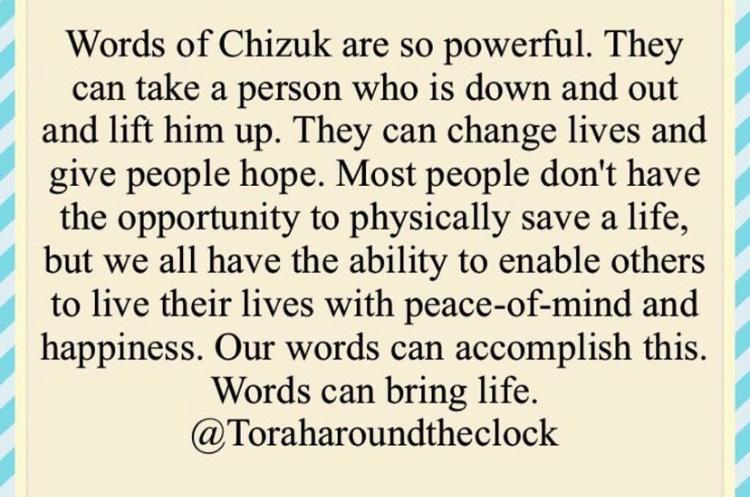
4 minute read
Let in the Light
from 260. Pinchas
by Oneg Shabbos
bull (i.e. an “ox”), others beg to differ. Rabbi Yonah Merzbach (1900–1980) argues that the word shor in the Torah cannot refer to a castrated bull, because according to Halacha it is forbidden to castrate an animal (see Vaykira 22:24). Instead, he writes that a shor and par must be the same in terms of gelding. Radak (to Tehillim 69:32) similarly writes that a shor is “big” and a par is “small”, although it remains unclear if he means in terms of age or in terms of physical build.
The word aleph appears eight times in Tanach in reference to bovines (see Devorim 7:12, 28:4, 28:12, 28:51, Tehillim 8:8, 50:10, Mishlei 14:4, and Yishaya 30:24). Interestingly, the letter Aleph in the original paleo-Hebrew script (KtavIvri) looked like an ox. That script was later borrowed by the Phoenicians and then the Greeks, until it became the standard Alphabet. Rabbi Pappenheim connects the word aleph to the two-letter root LAMMED-PEY which denotes “a strong hold.” He explains that a “chieftain” (i.e. the alpha-male) who has a strong hold over the people in his control is called an aluf, and the amount of people one needs to control in order to gain this title is “one-thousand,” (elef). All of this is related to an aleph which is the strongest type of ox. [Alternatively, the Vilna Gaon (to Mishlei 14:4) connects the word aleph to the Aramaic yalif (“learn” or “study”), but his explanation of the difference between a shor and aleph is too complex to be cited herein.]
Advertisement
The word bakar refers to a collection of bovines, and is translated into English as “cattle.” Radak in Sefer HaShorashim explains that the basic meaning of the BET-KUF-REISH root is “investigation,” “seeking,” and “probing.” The word boker (“morning”) is derived from this root, because it is the time when light appears and one can begin probing and discerning. The term bikkur cholim is used as though it means “visiting the sick;” but really it entails “finding out” what sort of state the sick person is in and what can be done to help him. In this spirit, Rabbi Lt. Col. Yehoshua (Jeremy) Steinberg of the Veromemanu Foundation explains that bakar is the word for “domesticated cattle,” because those animals require attention, supervision and defending from marauders. All of this is the job for the boker/voker (“cowboy,” see Amos 7:14), who must also “seek out” greener pastures for his cattle.
Some have claimed that the English slang term buckaroo (“cowboy”) is derived from the Hebrew word boker/voker which bears the same meaning. However, most linguists agree that buckaroo is actually derived from the Spanish word vaquero which, in turn, comes from the Spanish vaca (“cow”). Alternatively, the late Dr. Julian Mason (1931–2018), a professor at University of North Carolina, argued that the origins of buckaroo are to be found in Gullah (a creole language spoken by African-Americans in the coastal regions of South Carolina and Georgia) in which the word buckra means “white man.” M
Stain our reputation for the bigger picture
When we read Parshas Pinchas, there are many names that are written when the Torah details the names of the Shevatim’s children. One of the names written is “L’Yashuv mishpachas
Rabbi Yechiel Spero Author & World renowned Speaker haYashuvi”. Yashuv was a child of Yissochar. Rashi says his name wasn’t Yashuv. Rather when we read the list of those who went down to Mitzrayim, we meet him with the name Yov. He changed his name to Yashov. How? The Da’as Zekeinim Baalei Tosfos explains that Yissochar had a child, called Yov. Yov was very unhappy with his name. Why? Because Yov was a name of an Avoda Zarah. Therefore, Yissochar said to his son,’ I have an extra “ש “in my name! I don’t need two for my name, so I’ll give you one of mine’.
This pshat is cute, even beautiful. But I think there is more to it. Yov felt like he was going to places he didn’t want to go. He was becoming an “oved avoda zarah,” someone who wasn’t serving Hashem properly. He went to his father and said, ‘Help me. Why is this my path?’ Yissochar said, ‘I will do anything for you. I will even give you my name. I don’t need my honour and reputation. All I want is for you to be good. “Yashuv” means he will return, do teshuva and become better.
Two lessons come from this. One, we have to be prepared to do anything and everything for our children. We cannot wait until we see them heading in the wrong direction. We have to be willing to give of our name, our reputation. Sometimes our children need something, and maybe it will stain our reputation if we send them to a certain school etc, but we cannot worry about what people will say. Secondly, our children need to know that we are ready to give and do anything and everything for them.
Hopefully all the “Yovs” of this world, all those who feel and sense (regardless if they can admit it or not) that they are veering off the path, each one will receive the proper love, siyata dishmaya and everything that a parent can give to their child. And im yirtzeh Hashem they will all return. M




